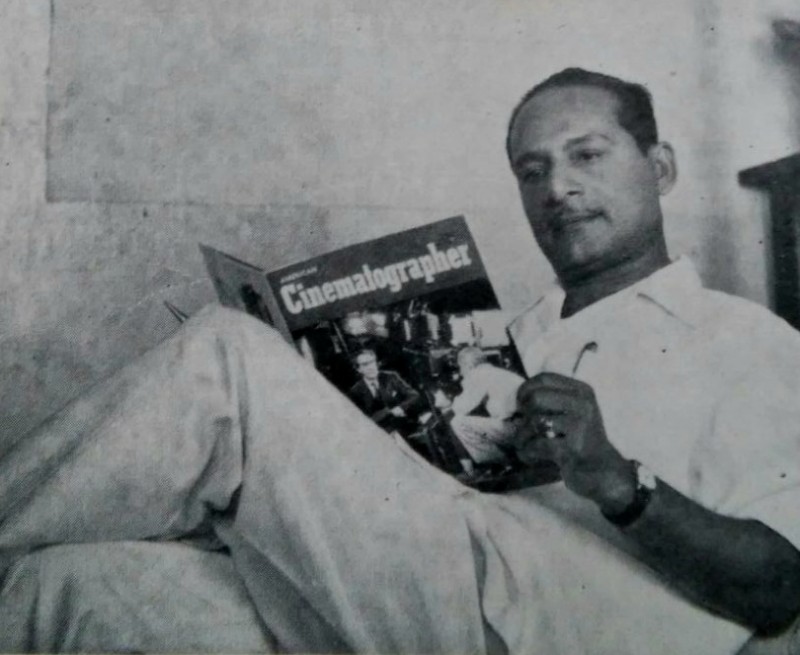
A renowned director from the height of Indian cinema, Nitin Bose is revered for his extraordinary contributions to the film industry. Bose directed a surprising variety of movies throughout the course of a multidecade career, many of which are now hailed as masterpieces of Indian cinema. Let's examine this visionary filmmaker's outstanding cinematic talent and the lasting impact of his works.
Childhood and Entry into the Film Industry
On April 26, 1897, Nitin Bose was born in British India's Calcutta (now known as Kolkata). His entry into the world of cinema was made possible by his early fascination with photography and the visual arts. Beginning as a cinematographer, he collaborated with well-known filmmakers of the era, including Pramathesh Chandra Barua and P.C. Barua.
First-time Directors and Notable Works
With the Bengali movie "Dena Paona" in 1931, Nitin Bose made his directorial debut. The movie was a huge hit and made Bose look like a talented director. But what made him famous was his connection to Kolkata's illustrious New Theatres studio.
Bose's 1936 direction of the Hindi film "Achhut Kanya" is one of his most notable accomplishments. The movie was not only a box office hit, but also a critical success. It gently tackled the social problem of untouchability, a theme that was hardly covered in popular film at the time. "Achhut Kanya" demonstrated Bose's talent for fusing fascinating storytelling with important societal issues.
Technical Innovations and Brilliant Filmmaking
Nitin Bose was renowned for his creative technology utilization and methods of visual storytelling. He was a pioneer in the Indian film industry in introducing playback singing, which went on to become a defining element of the business. K.C. Dey's debut playback singing performance in his 1935 film "Dhoop Chhaon" was a game-changing innovation for Indian film music.
In his masterful 1938 adaptation of the classic novel "Chokher Bali" by Rabindranath Tagore, Bose also demonstrated his talent as a director. Widespread praise was accorded to the cast for their subtle performances and the stunning cinematography of the movie.
Indian cinema has been impacted
Films by Nitin Bose demonstrated his profound knowledge of human emotions and his talent for engaging audiences. His films frequently contained potent social messages, and he presented complex individuals with sensitivity and authenticity. His films served as a model for other generations of filmmakers who used their talents to examine a variety of subjects and contemporary challenges.
Honor and Legacy
Throughout his distinguished career, Nitin Bose received numerous awards and distinctions. He received the Dadasaheb Phalke Award, the highest distinction in Indian cinema, in 1977 in appreciation of his immeasurable contributions to the industry.
The Silent Spectators of Mars: A Detailed Study of Phobos and Deimos
Unlocking the Enigma: Extragalactic Mysteries Beyond Our Milky Way Galaxy
The Elusive Ninth Planet: Uncovering the Secrets of Planet Nine